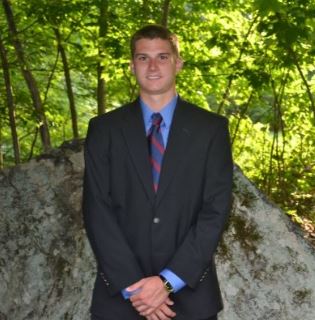Charles Mills

Transportation in Massachusetts has often been debated. Many describe it as slow, lacking, and insufficient. By 2050, experts believe that over 70% of the population will live in cities. As cities and towns continue to grow, infrastructure must evolve in order to meet the needs of these areas. This semester, interning at MassDOT Office of Transportation Planning, on the Capital Planning Team. I had the opportunity to learn, understand and evaluate the different funding options afforded to the state of Massachusetts that can be used to help facilitate infrastructure improvements within cities and towns across Massachusetts.
During my internship I was tasked with a plethora of different projects that focused on making Massachusetts’ transportation system stronger and more efficient. Embedded in the transportation system I worked to help develop the new Massachusetts Freight Plan as well as sit in on meetings relating to the priority of projects within Massachusetts. I was also given the opportunity to work on a team that was assigned to finding a consultant that would help facilitate economic development within the state. In addition, I worked with a team to choose a consultant that would promote our Safe Route to Schools plan in a way that would benefit many school-age children within Massachusetts.
Through these projects, I had a first-hand opportunity to see how municipal governments, Massachusetts Planning Organizations, and MassDOT worked together and respond to the emerging challenges of infrastructure development. I spent the summer sitting in on meetings with MPO’s, developing interview questions for prospective consultants, as well as sitting in and providing input to these consultant interviews. I was able to develop a relationship with a variety of these MPO’s that I will be able to take advantage of throughout the course of my career. My work with consultant interviews provided me with the opportunity to see an RFP response. Through this technical proposal, I was able to understand the relationship of consultants and gain a better understanding at what MassDOT looks for when ultimately deciding on a consultant.
As the semester progressed the relationships continued to get stronger and my knowledge of transportation in Massachusetts continued to get stronger. I began to grasp the necessities of relationship building and the importance that MassDOT played in transportation infrastructure throughout the state.
Overall, transportation in Massachusetts will be at the forefront in future development. Past projects, most notably, the introduction of electronic tolling has showed us the role that MassDOT can have on sustainable development into the future. Transportation is at the forefront of development within Massachusetts and as I continue my studies leading to graduation I will continue to keep an eye on the projects that I worked on as well as new projects that may come to fruition throughout the state.